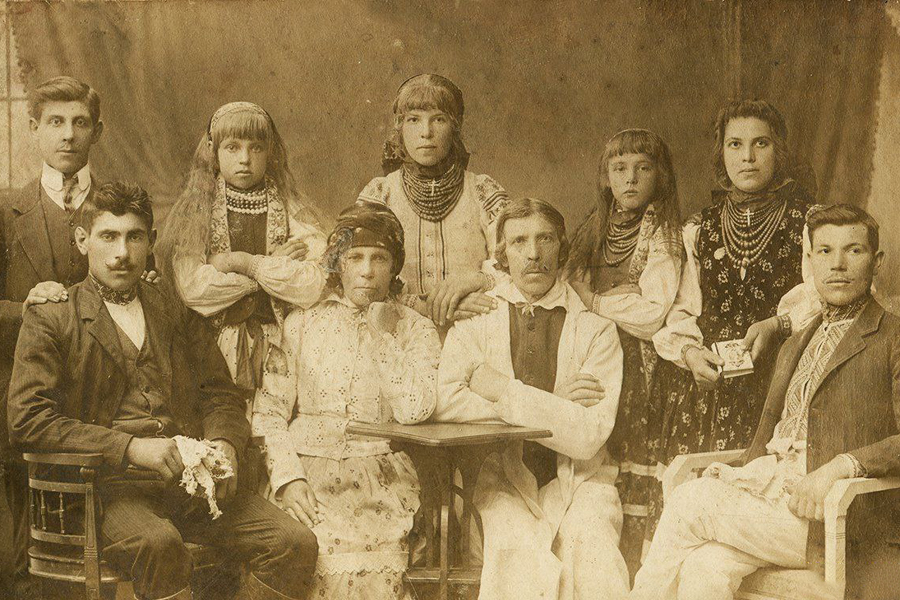
Russia’s full-scale invasion of Ukraine has prompted Ukrainians to take an even closer look at their family trees and understand their lineage. The same is true for people with Ukrainian roots, who may not have even realised that they are of Ukrainian descent, not Russian, until 2022.
Along with information about relations, genealogical research can reveal a lot of interesting information about the history, culture, and lifestyle of different time periods, helping shape personal and national identities.
Here, we’ll talk about world-famous cultural figures who have Ukrainian roots.
Lots of celebrities are eager to learn about their ancestors. There is even a documentary series that follows famous figures’ genealogical journeys. For instance, British Oscar-winning actress Olivia Colman sailed from England all the way to India to learn about her great-great-great-grandmother. In the episodes about her journey, we can see how well India’s archives were preserved, despite the United Kingdom’s almost century-long colonial policy towards the country.
Jack Palance and his Ukrainian ancestry

Volodymyr Palahniuk was born into a family of Ukrainian immigrants on 18 February 1919. After starting an acting career, he became known as Jack Palance. This Oscar, Golden Globe, and Emmy Award winner was proud of his origins: he spoke Ukrainian, knew Ukrainian history, and loved to sing folk songs. He even performed at the opening of the Taras Shevchenko monument in Washington, D.C. in 1964.

Jack Palance visited Ukraine several times, spending time in Kyiv. He had a conversation with filmmaker Eugene Deslaw about playing the part of Ivan Mazepa in his movie. Jack Palance was chairman of the board of the Hollywood Trident Foundation, a charity founded in 2001 that helped connect industry representatives working on projects related to the culture and history of Ukraine. For instance, the Hollywood Trident Foundation has worked closely with the Ukrainian Genocide Famine Foundation to interview Holodomor survivors.
In April 2004, Los Angeles hosted the “Russian Nights” festival under the patronage of the Russian president. It culminated in a ceremony in Hollywood where American actors, theatre enthusiasts, and musicians of Russian origin were awarded the title of “People’s Artist of the Russian Federation”.
“I’m Ukrainian. I’m not Russian,” stated Jack Palance at the event, refusing the title. “I have nothing to do with Russia or Russian film.” Then, along with his wife and Peter Borisov, the president of the Hollywood Trident Foundation, Jack Palance left the event.
Also of note is Peter Borisov’s comment on a remark made by Dustin Hoffman, who was also being honoured by the Russian Federation that evening. The American actor expressed his gratitude to the Russian people for defeating Nazi Germany and thereby saving his grandparents, who were “originally from Kyiv, in Russia.”
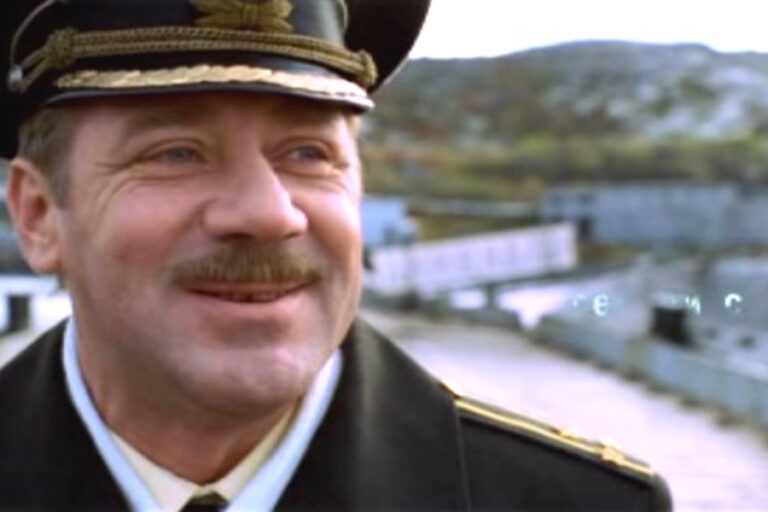
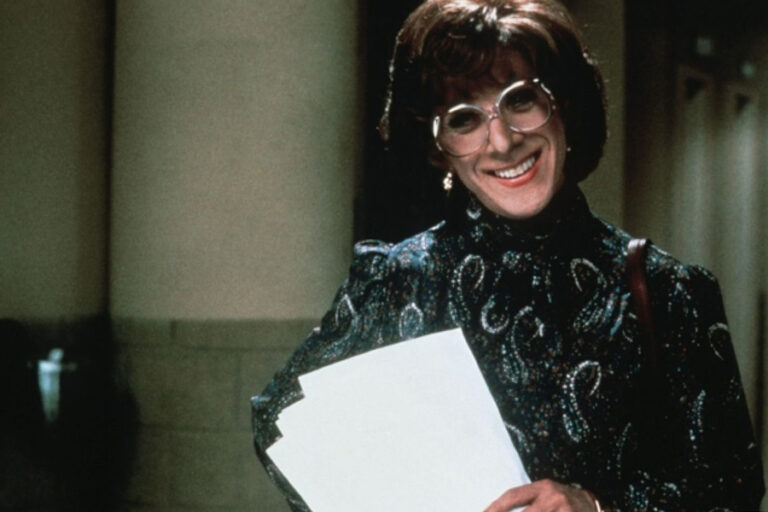
slideshow
— “I find it tragic that he doesn’t even know his own family history,” remarked Borisov. “His ignorance about key facts is shocking. [Dustin] Hoffman, I hope unintentionally, falls for the defamation of Ukrainians, and therefore of himself as well, by supporting a festival where the extremely offensive and racist film 72 Metres was screened.
Ukrainian heritage of Bill Evans

The great jazz pianist and composer Bill Evans was born in 1929 in New Jersey, USA to Harry and Mary Evans (birth name: Maria Soroka). Evans received 7 Grammy Awards and 31 nominations and is considered one of the most influential jazz musicians in history.
Bill’s mother wrote that her parents spoke Ukrainian, and his grandfather Ivan identified himself as a Ruthenian or “Carpathian” from Halychyna. Bill’s grandmother wanted to teach him to read in “Ruthenian”, but his mother was against it.

Such cases of alienating children from their heritage can prevent them from knowing what blood actually flows through their veins. There have been numerous cases where emigrants have hidden their Ukrainian origins out of a desire to assimilate in a new country and under pressure from Russian propaganda. Little was known about Ukraine’s existence as an independent country until the collapse of the USSR, and even afterwards Russian propaganda and imperialism created a false impression of people of Ukrainian descent.
Natalie Wood and her Ukrainian roots
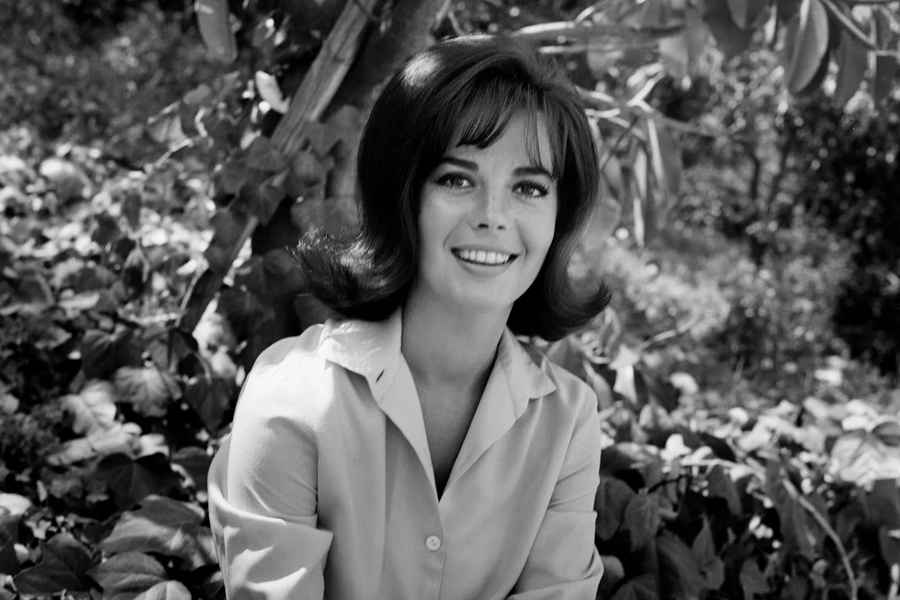
When Natalie Wood was making headlines back in the 1950s and ’60s, hardly anyone knew that her real name was Natalia Zakharenko. Her father’s family had origins in Kharkiv. Born in 1938 in the United States, she became a wildly popular Hollywood star after her starring roles in the films West Side Story and The Great Race.
Natalia played her first cameo role in the film Happy Land when she was only four years old. Afterwards her father Mykola decided to change their surname, Zakharenko, to a more “noble” one, Gurdin.
The story of voluntary “de-Ukrainisation” of one’s surname (or, less commonly, first name) is not new. For instance, when registering in the United States, newly arrived Ukrainian immigrants sometimes chose American alternatives for their names to make it easier to assimilate. However, while this decision may have helped them resettle, it could (and still can) make it difficult for their relatives and descendants to find family ties, given that family members did not always keep in touch.

Rick Danko from The Band and his connection to Ukraine
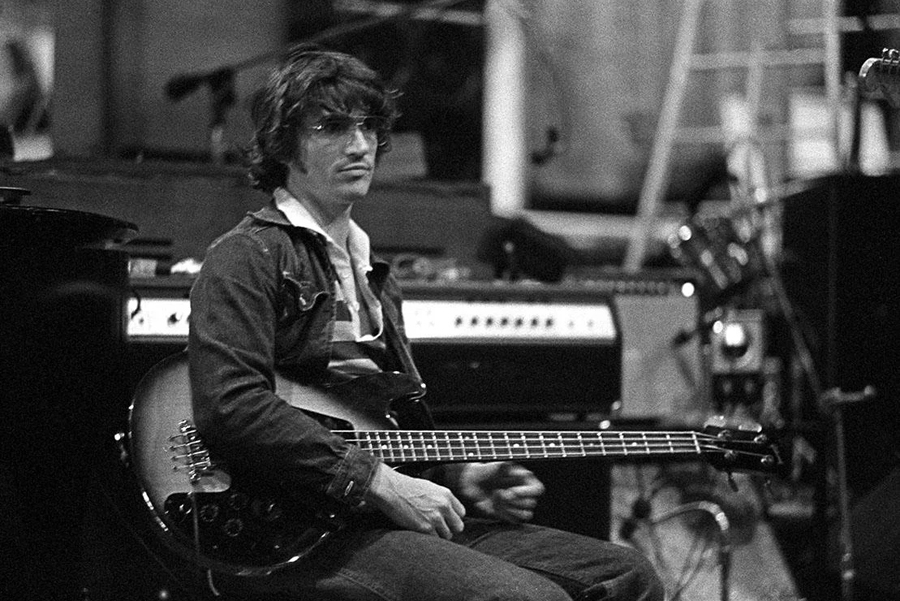
Canadian Rick Danko gained fame in the legendary rock band The Band, which was at its most popular in the late ’60s and early ’70s. He was a bass player, rhythm guitarist, and co-singer in the group. Rick’s paternal grandparents were named Joseph and Paraskeviya Danko. His parents were born in Ukraine, and they later emigrated to Canada.
Canada has one of the largest Ukrainian diasporas, and many Ukrainian Canadians have achieved success in various fields. However, during certain periods, many descendants of Ukrainian immigrants in Canada did not publicise their ancestry, so it may come as a surprise to Ukrainians that certain world-famous performers, athletes, or scientists have Ukrainian roots.
In the mid-1960s, The Band gained recognition as Bob Dylan’s band. Their 1966 concert tour is well-known for being Dylan’s first tour with an electric band. (Bob Dylan himself is of Ukrainian-Jewish descent: his paternal grandparents, Anna Kyrgyz and Sigman Zimmerman, emigrated from Odesa in the early 20th century because of pogroms in the Russian Empire.) The Band released their debut album as a standalone group, Music From Big Pink, in 1968. This record brought them overnight fame.

The Band combined country music, rock, folk, classical, R&B, blues, and soul in their sound. The Weight, The Night They Drove Old Dixie Down and Up on Cripple Creek are among their most popular songs. Music critic Bruce Eder described them as “one of the most popular and influential rock bands in the world, their music has been taken as seriously by the critics (…) as the music of The Beatles and The Rolling Stones”. The Band was inducted into the Canadian Music Hall of Fame in 1989 and the Rock and Roll Hall of Fame in 1994. In 2004, Rolling Stone magazine ranked them 50th on its list of the 100 greatest artists of all time.
Ukrainian roots of Tony Levin

Tony Levin, one of the greatest bass players of our time, also has Ukrainian roots. He has played with Pink Floyd, King Crimson, Yes, Peter Gabriel, David Bowie, Paul Simon, John Lennon, Lou Reed, and Tom Waits. Ultimately, he has contributed to over 500 albums by various artists. In a private conversation after he performed a concert in Kyiv in 2012, Levin said that he often comes to Kyiv as a tourist to stroll along its streets.
Earlier, the musician had posted about a journey to Ukraine on his website:
“My grandparents were from Berdychiv (in the north-west of Ukraine — ed.), but then they moved to a small town called Ostropil (currently the village of Staryi Ostropil in the west of Ukraine — ed.), which my mother used to call Ostropoliya, and that’s where she was born.”

Tony Levin made a trip to this village, which was actually founded as a city by Prince Kostiantyn Ostrozkyi in 1576. This is one of the cases where, out of interest in his lineage and reverence for his ancestors, a foreigner comes to a Ukrainian village to personally obtain information about his relatives. Levin visited the village cemetery (where, of course, all the inscriptions are in Ukrainian), tried to communicate with the locals, and so on. Such stories prove once again that Ukrainians need to work on comprehensively preserving their national memory. Maintaining and digitising archives, taking care of cemeteries, and creating platforms in other languages could facilitate genealogical research for foreigners.
After Levin’s trip, he and his brother Pete wrote a song dedicated to their ancestral village.
Melanie Safka’s Ukrainian heritage
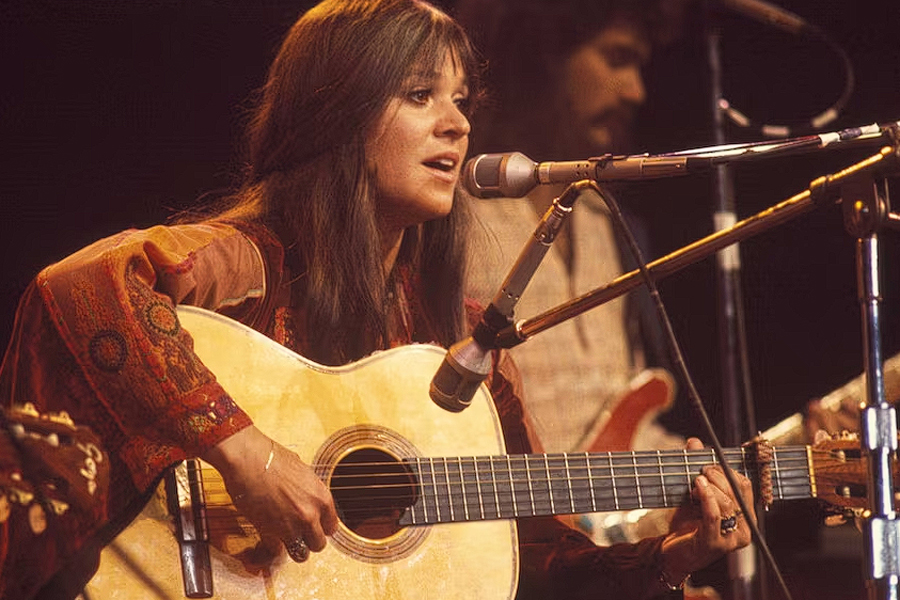
The singer Melanie, also professionally known as Melanie Safka, was at the height of her fame in the 1970s. She is a vocalist, guitarist, composer, songwriter, and a symbol of the Woodstock rock festival. Melanie is known as the first pop-rock singer to perform in some of the most famous classical music halls: Carnegie Hall, the Metropolitan Opera, and the Sydney Opera House. She was also the first pop performer to sing for the UN General Assembly. Melanie became popular due to her 1970 hit Lay Down (Candles in the Rain), her 1971 songs Brand New Key and Look What They’ve Done To My Song, Ma, and a cover version of The Rolling Stones’ Ruby Tuesday.

Melania Anna Safka was born into a family of immigrants in New York City on 3 February 1947. Her Ukrainian father owned a discount store chain, and her Italian mother was a jazz singer. Peter Schekeryk, Melanie’s husband and producer, was also of Ukrainian descent.
“I would like to sing for Ukrainians,” she said in 1978. “My husband, Peter Schekeryk, was born in Ukraine and he sings Ukrainian songs – they are fantastic.”
Michael Bolton, David Duchovny, Lenny Kravitz, and Vera Farmiga: modern stars with Ukrainian roots
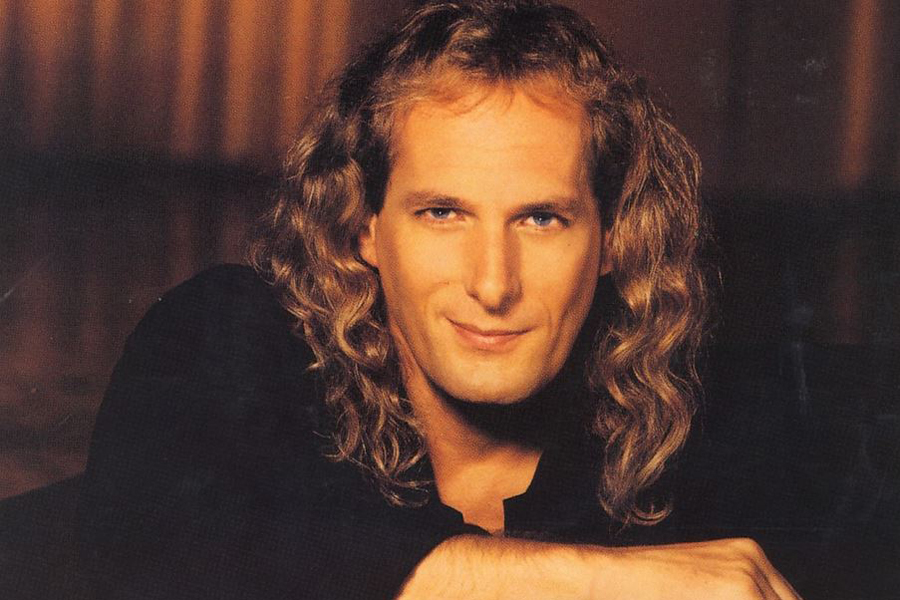
The real surname of ’80s pop superstar Michael Bolton (b. 1953) is Bolotin. In his book The Soul of It All: My Music, My Life, he writes:
“If my voice comes from the depths of my family history, perhaps one of my forefathers in Kyiv was a deacon.”

Bolton became known for his series of pop-rock ballads in the late 1980s. The singer has sold more than 75 million records, recorded 8 albums that reached the top 10 charts of Billboard magazine, and had two singles at the top of this chart. He has also won 6 American Music Awards and two Grammy Awards.

American actor David Duchovny’s grandfather, Moishe Duchovny, emigrated from Berdychiv in 1918 and became a writer and journalist in New York. David’s grandmother was an immigrant from Poland. During the Revolution of Dignity, David (b. 1960) tweeted that he was Ukrainian:
“I grew up thinking I was Russian only to find recently that I’ve been Ukrainian all along. Never too late to change.”
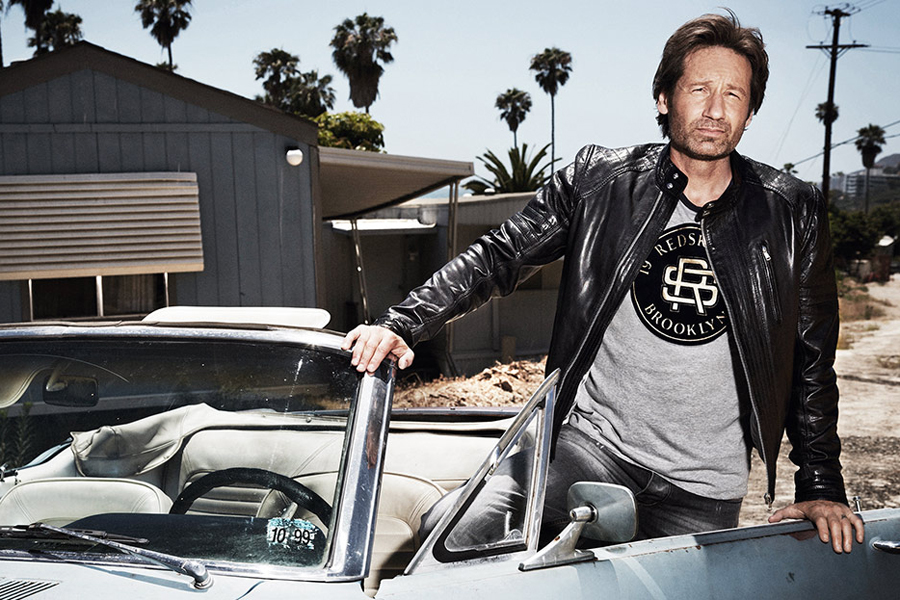
The actor is best known for the X-Files series, where he starred as FBI agent Fox Mulder, and the Californication TV series. Both roles earned him a Golden Globe Award.

During his most recent visit to Kyiv in 2008, famous singer Lenny Kravitz (b. 1964) said “It’s nice to be back home.” The fact is that Lenny’s grandfather was from Kyiv: he was a Ukrainian Ashkenazi who moved to New York. The surname “Kravitz” is an Americanized version of the Ukrainian surname “Kravets”.
Lenny himself has repeatedly mentioned his involvement with Ukraine and has emphasised, especially during interviews, that his grandfather was from the capital of Ukraine. This is why the musician visited Kyiv several times, without notifying the media, to meet with researchers of Ukrainian Jewish history. This history is part of his identity.
Ашкенази
Один із субетносів євреїв. Нащадки вихідців із середньовічної Німеччини або східноєвропейських країн.
Lenny Kravitz was ranked 93rd in American cable television channel VH1’s list of “100 Greatest Artists of Hard Rock”. In 2011, he was made an officer of the Order of Arts and Letters and landed a role in the Hunger Games movie series. Throughout his career, Kravitz has sold over 40 million albums worldwide.

American actress Vera Farmiga (b. 1973) calls herself “one hundred percent Ukrainian” because, despite being born in the United States, she did not speak English until she was six years old. She attended a Ukrainian school in New Jersey, performed with the Syzokryli Ukrainian Dance Ensemble, and was a member of Plast.
Since the beginning of the full-scale invasion, Vera has been supporting Ukraine in every possible way: reciting verses by Ukrainian poets, playing air raid alerts at her live shows to draw Americans’ attention to how Ukrainians are living, and calling for providing weapons to Ukraine. She also plans on visiting the country.
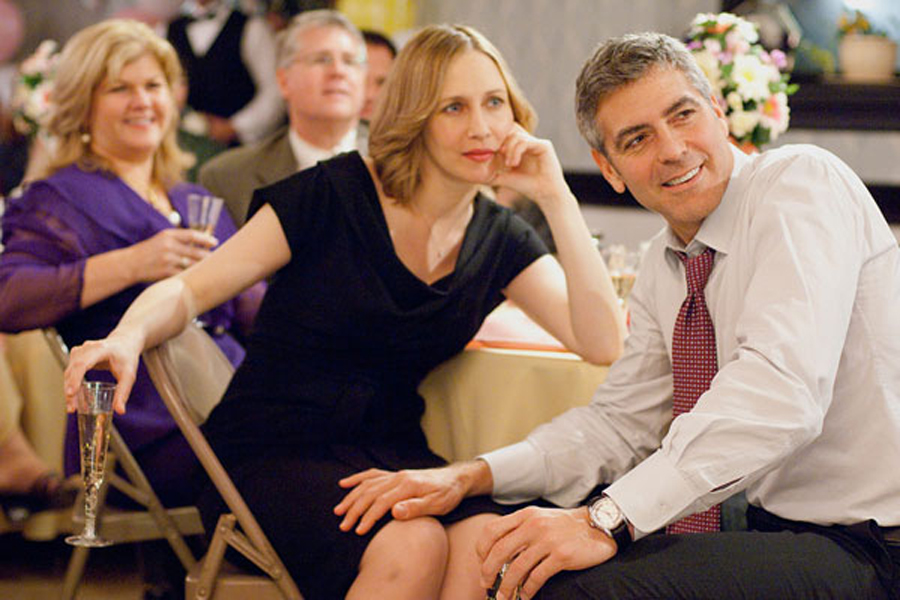
Vera Farmiga’s highest-grossing and most critically acclaimed films are Down to the Bone (2004), The Manchurian Candidate (2004), The Departed (2006), Joshua (2007), The Boy in the Striped Pyjamas (2008), Up in the Air (2009), and Annabelle Comes Home (2019). Her most famous role, in Up in the Air, earned her an Oscar nomination for Best Supporting Actress, a Golden Globe for Best Supporting Actress, a BAFTA (the British equivalent of the Oscar) for Best Supporting Actress, and a Screen Actors Guild Award. For her directorial debut, Higher Ground (2011), she received the Gotham Independent Film Award for Breakthrough Director.
Famous descendants of Ukrainian Jews
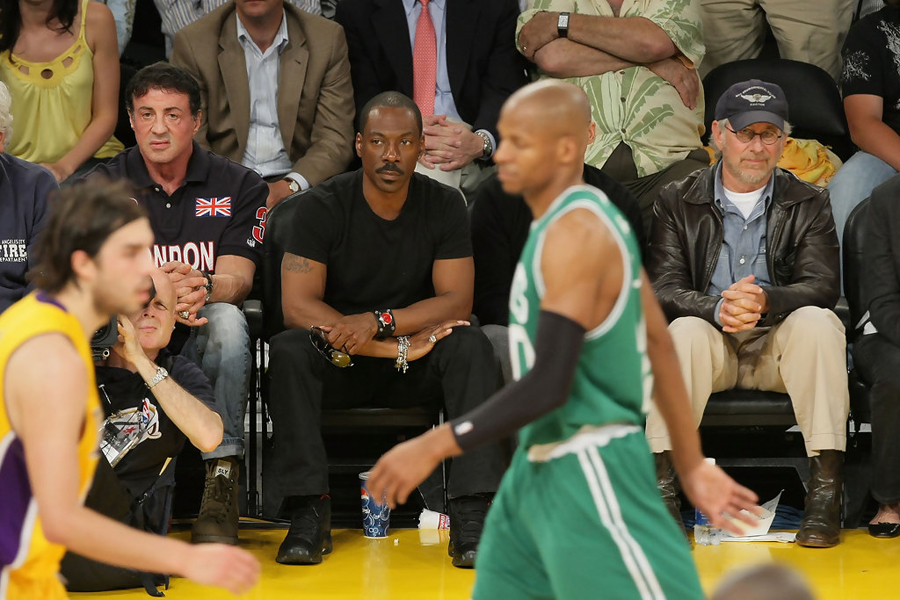
Descendants of Ukrainian Jews who emigrated to the United States have made significant contributions to world culture. These emigrants, most of them from Odesa, fled the waves of Jewish pogroms in the Russian Empire in the late 19th and early 20th centuries. Some of their descendents include musician and poet Bob Dylan, film director Steven Spielberg, illusionist David Copperfield, conductor Leonard Bernstein, composer George Gershwin, singer Amy Winehouse, and actors Sylvester Stallone, Dustin Hoffman, Leonard Nimoy, and Liev Schreiber.
Ukrainians are only just beginning to understand their country’s multiculturalism and the contributions of different diaspora and national communities to their joint existence. The next step is to continue integrating these stories into the collective Ukrainian identity, further enriching an already immense collection of family stories.

